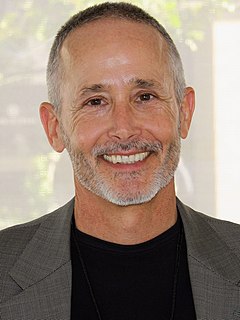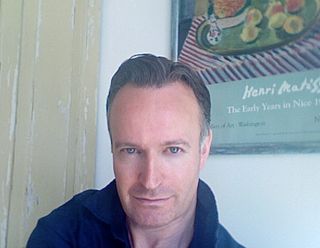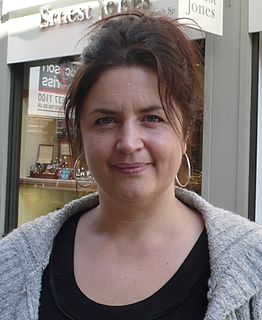A Quote by Steven Saylor
All writing is an act of self-exploration. Even a grocery list says something about you; how much more does a novel say?
Related Quotes
Writing fiction, for me, is a more indirect form of self-exploration than writing verse. When I'm working on a novel I'm moving characters around and I'm thinking about plot and there's a lot of other things going on at the level of structure and story. With a poem, a single idea or line or emotion can sometimes be enough - there's often a sense, in the best poems, of capturing a single instant. Perhaps poems differ from prose in the degree of solace they can offer - by speaking so personally, so directly, about shared experience. A few lines of poetry can provide comfort.
Do you ever go off with a long grocery list and come home from the store with a bunch of different stuff? And somebody in the family unsacks the groceries and wants to know why you got this and didn't get that and just where is the whatever? And you want to say, 'Well, just be glad I came back, okay?' And the unpacker says, 'Well, next time bring what's on the list.'
It does say something about a society when those who sue physicians and hospitals make as much or more money than those who heal disease. It says something about a society when it glorifies and rewards those who litigate while it demonizes and punishes those who produce the drugs and devices that keep it citizens alive and well.
I used to be very interested in the history of women's rights in this country and in other countries. I tried to learn as much as I could about it, and more than anything, I would be called gay. It was phenomenal. But if a boy has something to say, he is appreciated; he's even popular. If a girl says something, it's instantly a threat.
In Sufi terms the crushing of the ego is called Nafs Kushi. And how do we crush it? We crush it by sometimes taking ourselves to task. When the self says, 'O no, I must not be treated like this,' then we say, 'What does it matter?' When the self says, 'He ought to have done this, she ought to have said that,' we say, 'What does it matter, either this way or that way? Every person is what he is; you cannot change him, but you can change yourself.' That is the crushing. ... It is only in this way that we can crush our ego.
Good writing, in my opinion, is writing that looks really easy, so easy that a person who has never written more than a grocery list might convince themself that they could also write a book. That being said, it's always a lot of work, as you know. And then there's this: you have no idea how many failed stories and novels I've attempted. I have files full of stories that didn't work for whatever reason.



































